Pakistanis braved cold winter weather and the threat of violence to vote for a new parliament Thursday, a day after twin bombings claimed at least 30 lives in the worst election-related violence ahead of the contested balloting.
Tens of thousands of security forces were deployed at polling stations and authorities suspended mobile phone services across the country to prevent disruptions and flash protests. Pakistan’s Interior Ministry said the decision was made to maintain law and order. It did not say when the suspension would be lifted.
Unidentified assailants threw hand grenades at two polling stations in restive southwestern Baluchistan province, where twin bombings hit separate election offices on Wednesday, killing at least 30 people and wounding more than a dozen others. The grenades caused panic among voters but no one was hurt, police said.
In northwestern Khyber Pakhtunkhwa province bordering Afghanistan, gunmen opened fire on troops in the town of Kot Azam, killing a soldier, local police official Fiyyaz Khan said. No one immediately claimed responsibility for that attack.
Heavy snowfall in the ski resort of Murree, near Islamabad, did not stop eager voters from heading to the polls. People also lined up to cast their ballots in snow-covered plains in eastern Punjab province and the mountains of southern Sindh province.
The election has also been marred by allegations from the Pakistan Tehreek-e-Insaf party of imprisoned former Prime Minister Imran Khan that its candidates were denied a fair chance at campaigning.
The cricket star-turned-Islamist politician — ousted in a no-confidence vote in parliament in 2022 — is behind bars and banned from running in the election, though he still commands a massive following. However, it’s unclear if his angry and disillusioned supporters will turn up at the polls in great numbers.
Khan’s party denounced the suspension of the mobile phone services, calling it “a severe assault on democracy” and a “cowardly attempt by those in power to stifle dissent, manipulate the election’s outcome, and infringe upon the rights of the Pakistani people.”
The election comes at a critical time for this nuclear-armed nation, an unpredictable Western ally in a region rife with hostile boundaries and tense relations. Pakistan’s next government will face huge challenges, from containing unrest, overcoming an intractable economic crisis to stemming illegal migration.
In the northwestern city of Peshawar, 38-year-old driver Fazal Hayyat was at the front of the line outside a polling station and said he was “happy to be the first” to vote.
Sikandar Sultan Raja, the head of the Election Commission of Pakistan, promised authorities would “ensure the holding of free and fair elections” and urged people to vote ""without any fear,.”
As many as 44 political parties are vying for a share of the 266 seats that are up for grabs in the National Assembly, or the lower house of parliament. An additional 70 seats are reserved for women and minorities in the 336-seat house.
After the election, the new parliament will choose the country’s next prime minister, and the deep political divisions make a coalition government seem more likely. If no single party wins a simple majority, the first-placed gets a chance to form a coalition government, relying on allies in the house.
The top contender is the Pakistan Muslim League party of three-time former Prime Minister Nawaz Sharif who returned to the country last October after four years of self-imposed exile abroad to avoid serving prison sentences at home. Within weeks of his return, his convictions were overturned, leaving him free to seek a fourth term in office.
With his archrival Khan sidelined and in prison, Sharif seems to have a pretty straight path to the premiership, backed by his younger brother, former Prime Minister Shehbaz Sharif, who is likely to play an important role in any Sharif-led Cabinet.
Shehbaz Sharif confirmed in an interview with the Geo news channel that his brother would become prime minister if their party wins a majority of the vote.
The only other strong contender is Pakistan People’s Party. It has a power base in the south and is led by a rising star in national politics — Bilawal Bhutto-Zardari, the son of assassinated former Prime Minister Benazir Bhutto.
The Sharifs and Bhutto-Zardari are traditional rivals but have joined forces against Khan in the past, and Bhutto-Zardari served as foreign minister until last August, during Shehbaz Sharif’s term as premier.
If Khan’s supporters stay away from the polls, analysts predict the race will come down to the parties of Nawaz Sharif and Bhutto-Zardari, both eager to keep Khan’s party out of the picture. As Bhutto-Zardari is unlikely to secure the premiership on his own, he could still be part of a Sharif-led coalition government.
For Khan, convicted on charges of graft, revealing state secrets and breaking marriage laws — and sentenced to three, 10, 14 and seven years, to be served concurrently — the vote is a stark reversal of fortunes from the last election when he became premier.
Candidates from Khan’s party have been forced to run as independents after the Supreme Court and Election Commission said they can’t use the party symbol — a cricket bat on voting slips — to help illiterate voters find them on the ballots.
Separately, elections are also taking place Thursday for the nation’s four provincial assemblies.
On Tuesday, the United Nation’s top human rights body warned of a “pattern of harassment” against members of Khan’s party, which claims it has been prevented from holding hold rallies like Sharif’s party. Authorities deny the allegations.
Pakistanis, like people in many other impoverished nations, grapple with sustained high inflation, rising poverty levels, daily gas outages and hourslong electricity blackouts.
Since Khan’s ouster, Pakistan has relied on bailouts to resuscitate its spiraling economy, with a $3 billion package from the International Monetary Fund and wealthy allies like China and Saudi Arabia jumping in with cash and loans.
-AP



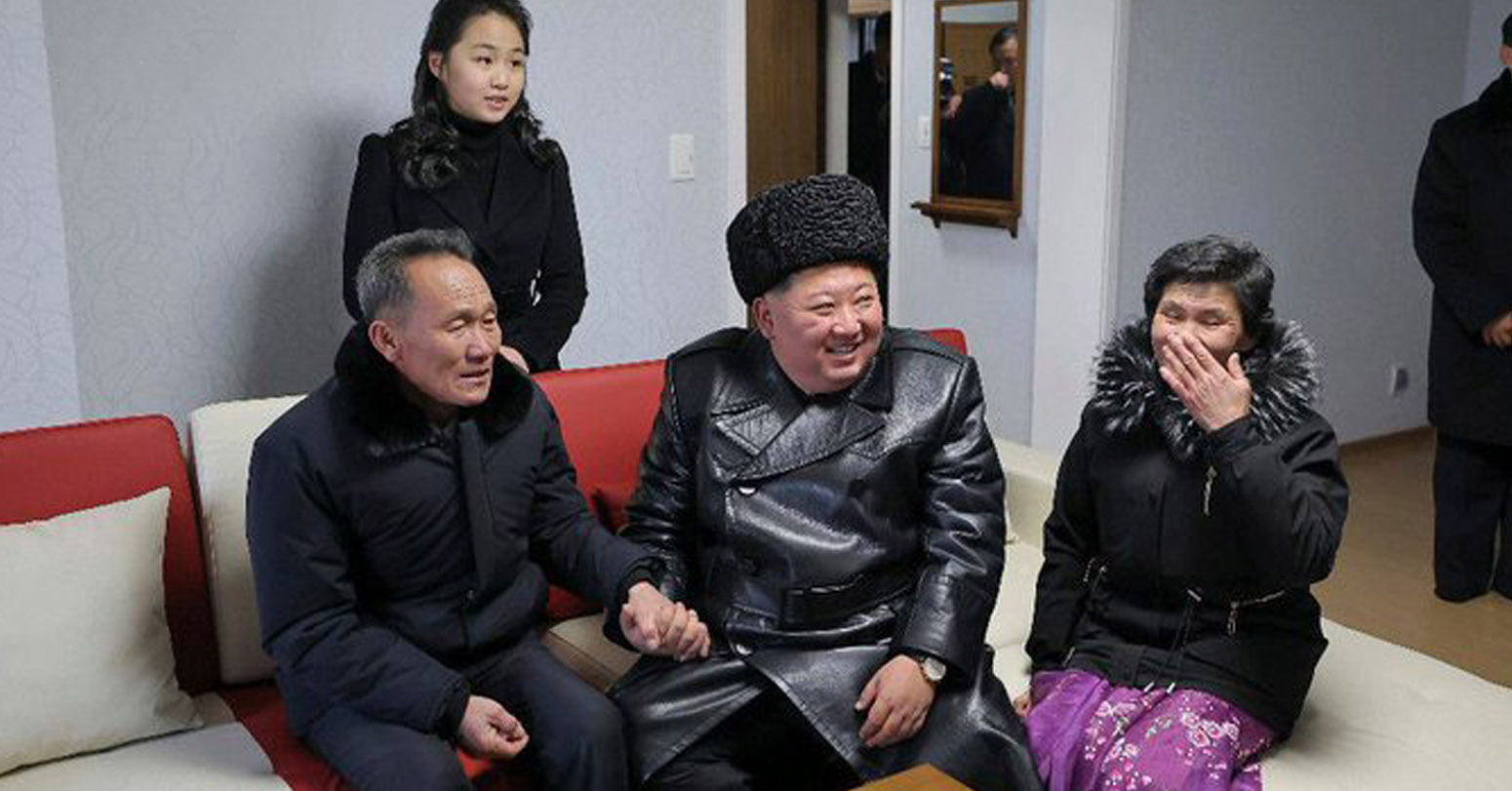


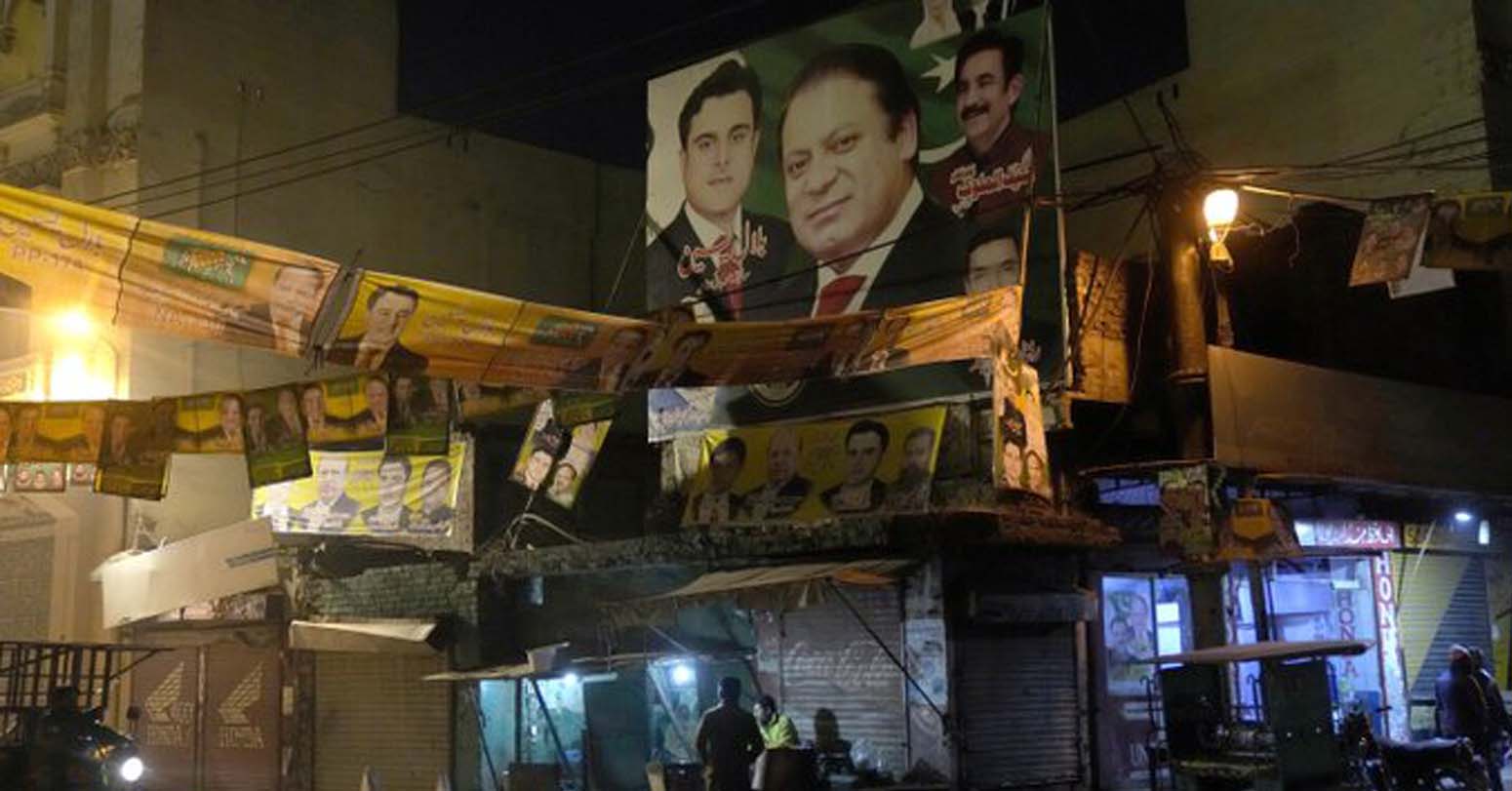
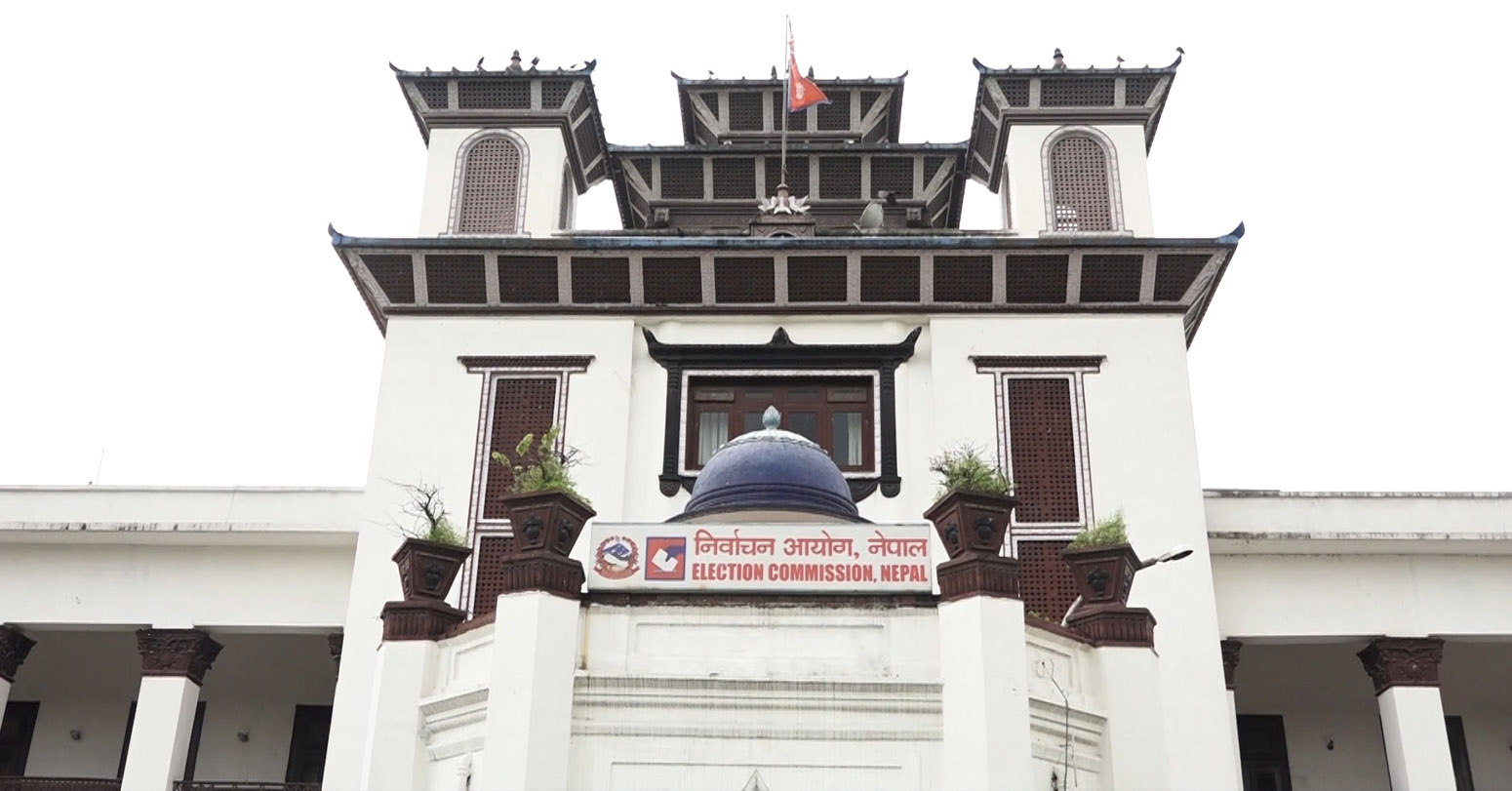
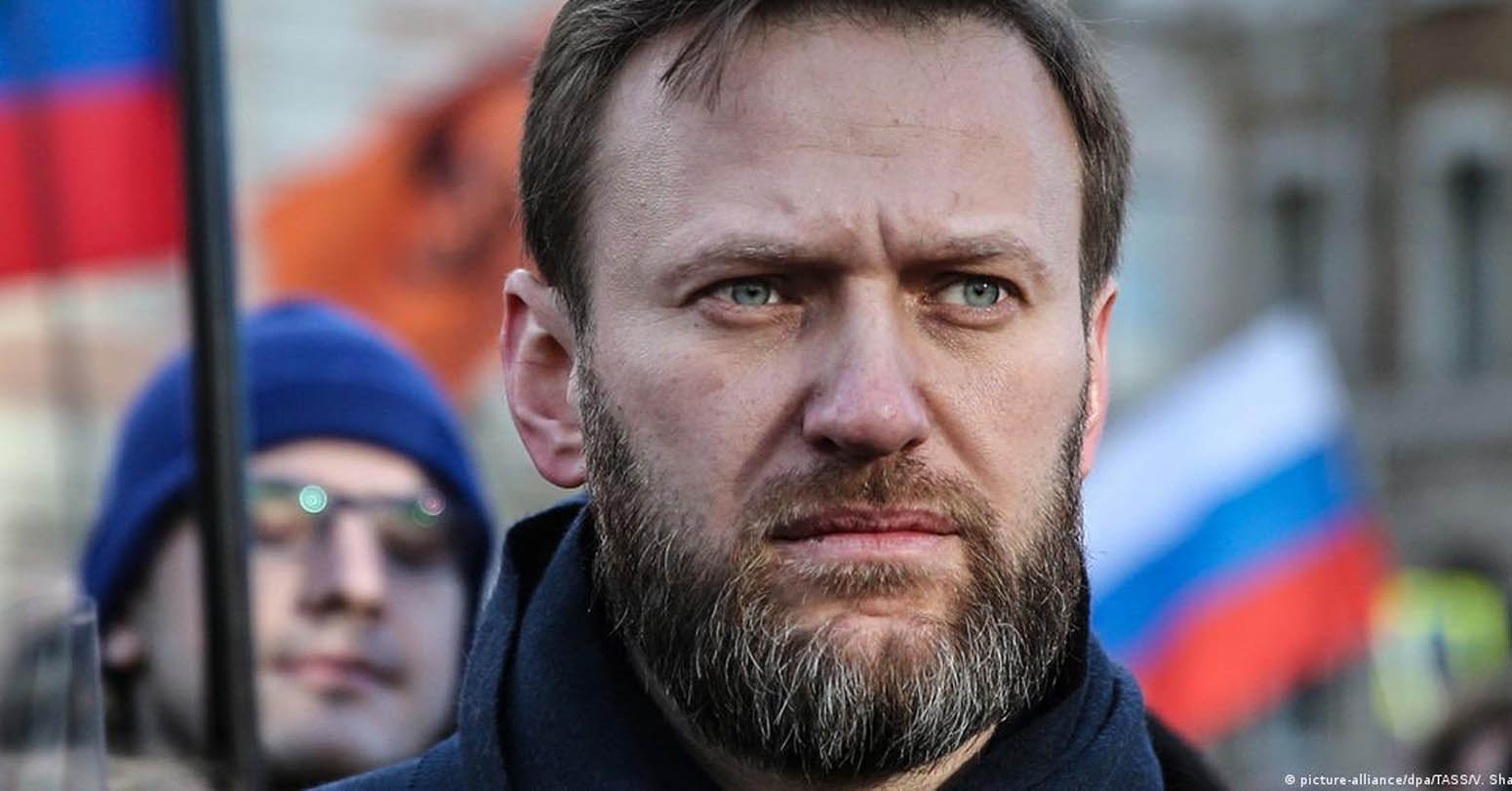


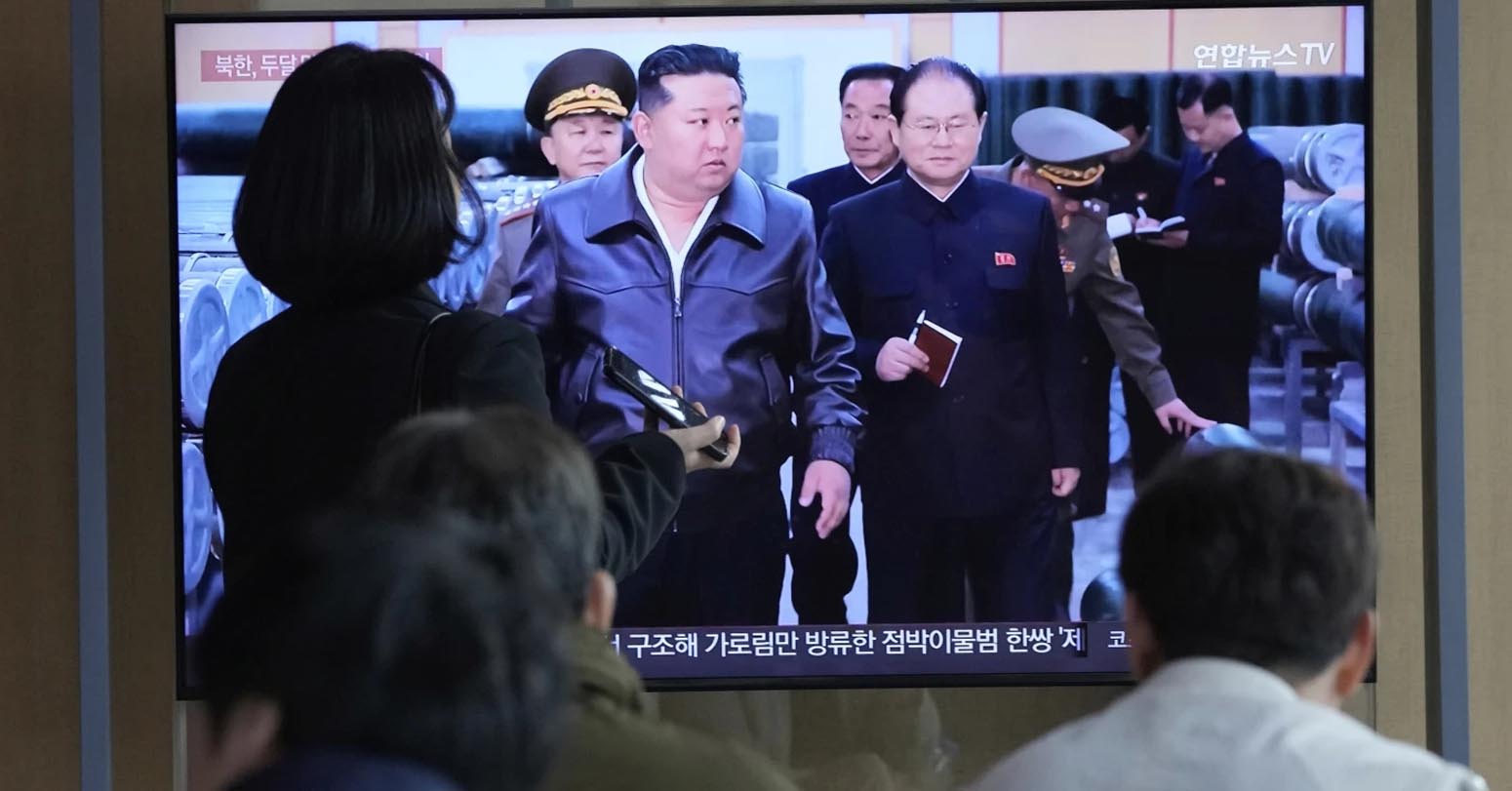
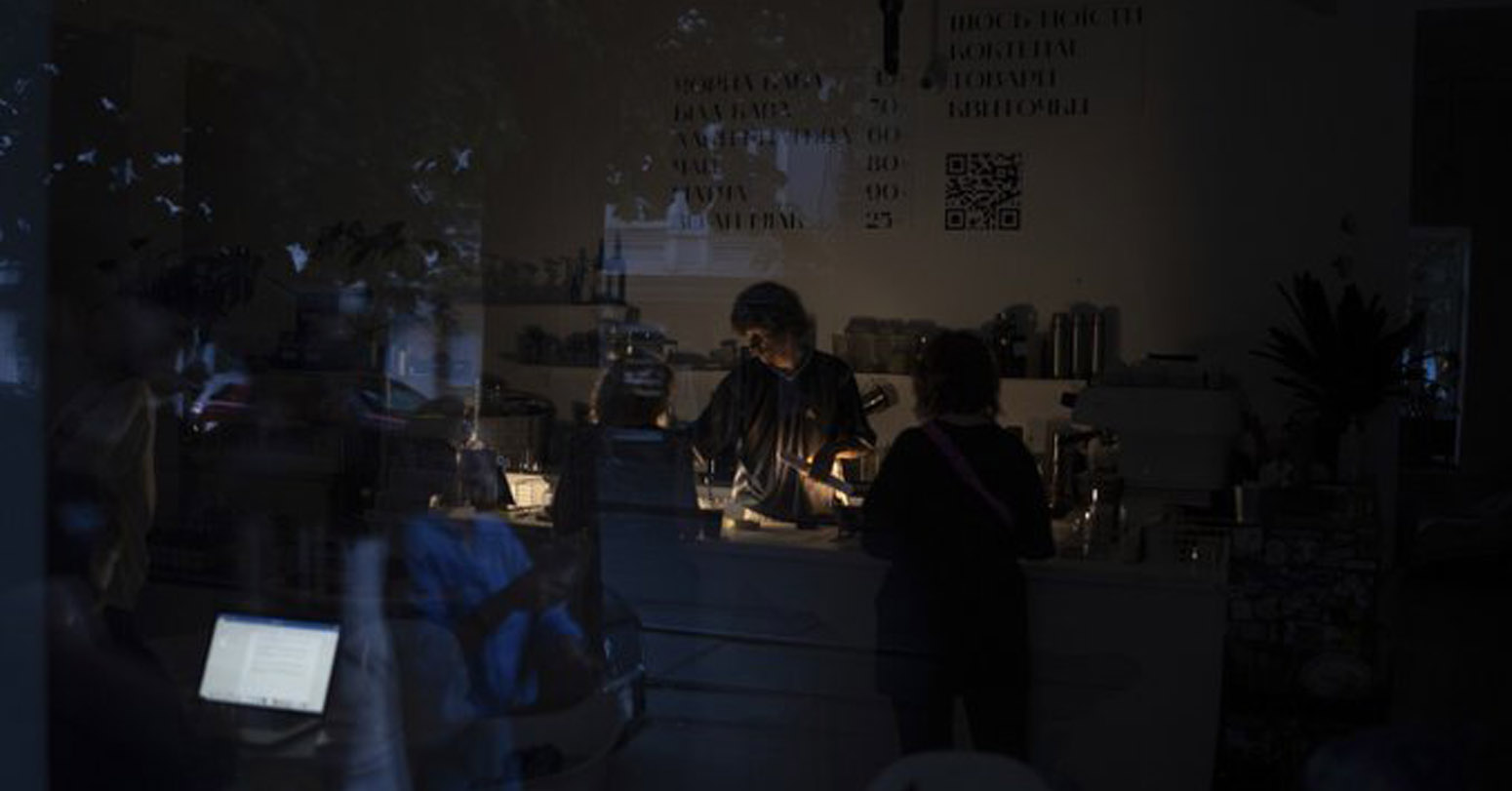
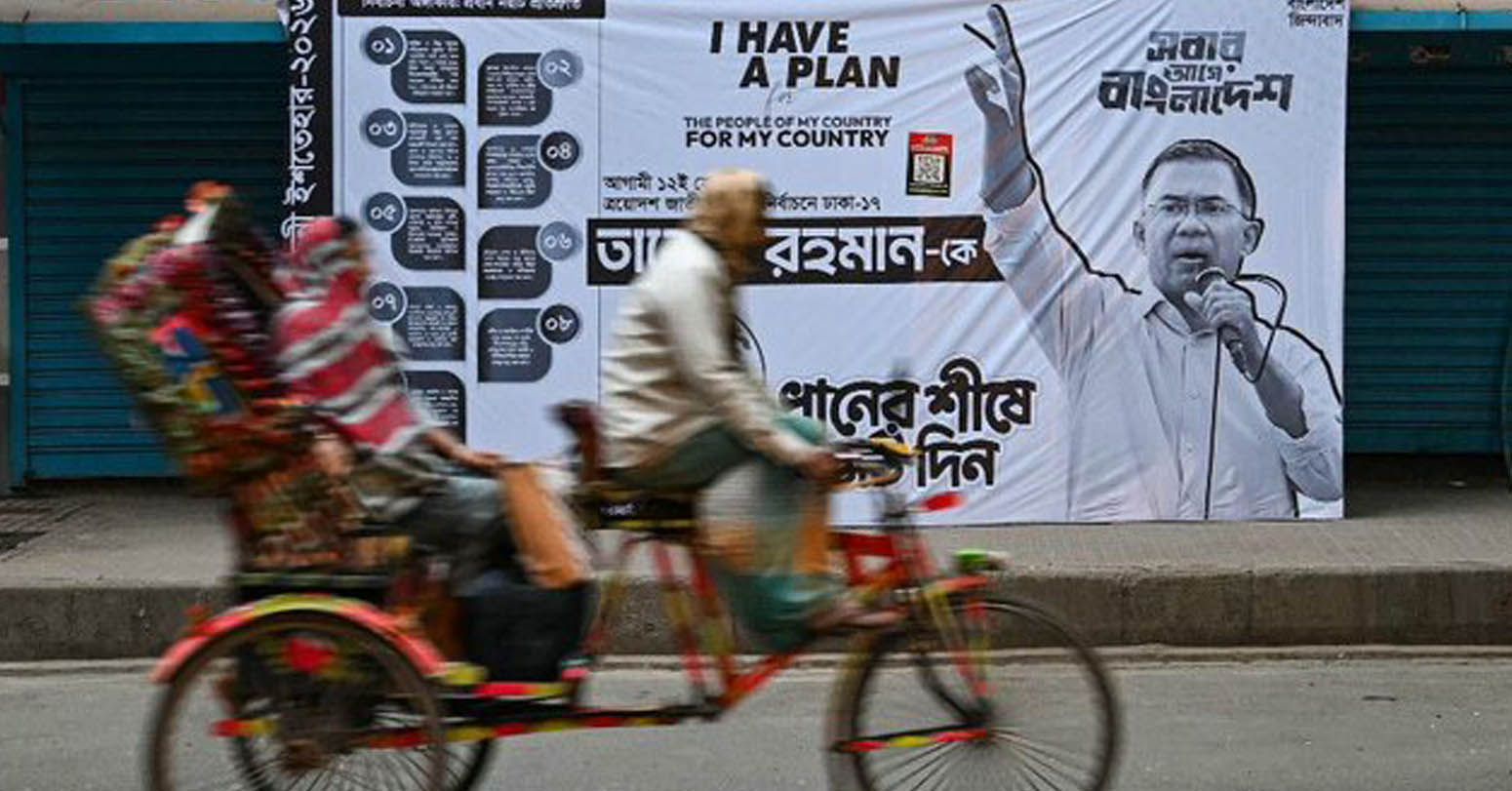
Middle-aged man spends millions to
Dr. Dharam Raj Upadhyay: Man
Children, Greatest Victims Of Sudan’s
Breathing The Unbreathable Air
Comprehensive Data Protection Law Critically
Gender Differences In Mental Healthcare